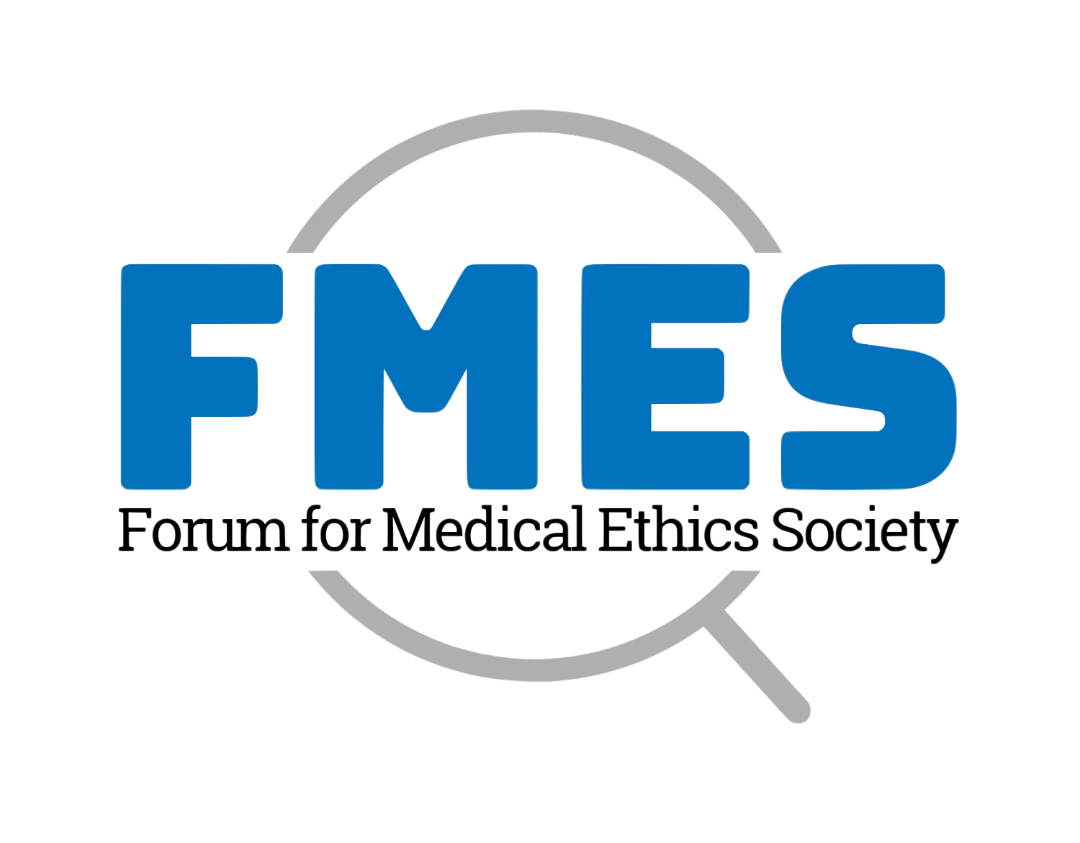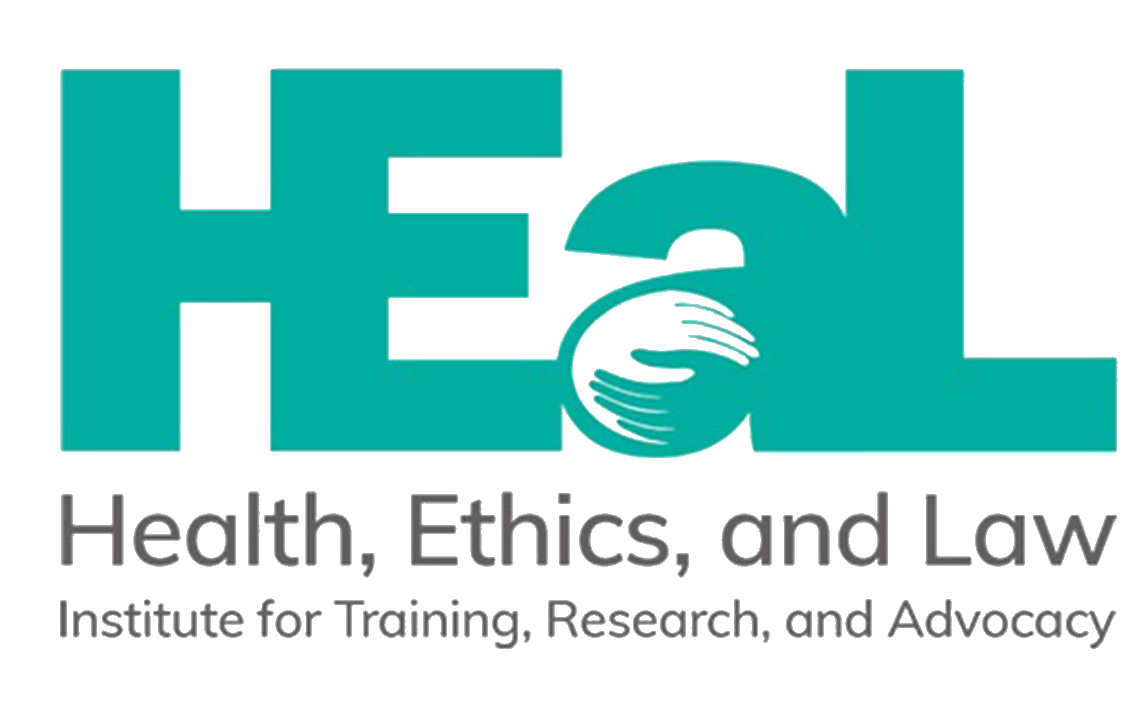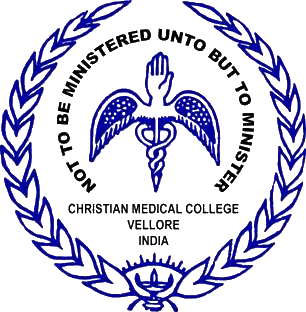
Anupama Nambiar completed her Master’s in Human Resource Management and an MBA in Hospital Administration before pursuing a Postgraduate Diploma in Bioethics, responding to the emerging needs in the healthcare sector. She has been a part of Christian Medical College (CMC) Vellore since 2003, where she has made significant contributions to the institution's operations, quality management, and research ethics.
Anupama was one of the founding members of the Institutional Quality Management Cell at CMC Vellore, which focuses on enhancing quality assurance across the institution. Upon completing her bioethics diploma, she took on the role of Administrative Coordinator for the Office of Research, where she was instrumental in organizing academic workshops and facilitating Institutional Review Board (IRB) meetings, ensuring the ethical conduct of research within the institution.
In 2009, Anupama transitioned to the Centre for Stem Cell Research (CSCR), a DBT-funded center at CMC Vellore, where she currently serves as the Administrative coordinator. She is also a core faculty member in the Department of Bioethics, where she contributes to curriculum development and the education of students and faculty.
Her collaborative work with the IIIT Hyderabad team which focused on using Machine Translation (MT) Technology for language translation, improving access to healthcare research and patient care.
Anupama’s work spans several areas including research governance, bioethics education, and healthcare administration. Through her leadership, she continues to influence the ethical standards of research and patient care at CMC Vellore.

Anuradha Rose Dr. Anuradha Rose completed her undergraduate studies in Medicine and Postgraduate studies in Community Medicine from Christian Medical College, Vellore,(CMC) and is now a Faculty member of the institution. CMC has a Community Health and Development (CHAD) program with a secondary care hospital as the base hospital covering a population of 1,00,000 rural and 60,000 tribal population. Dr. Anuradha Rose works in the tribal belt served by the institution. Her main areas of work are in providing health care to the people living in geographically difficult-to-access remote regions in this hilly terrain, and in programs towards the social and economic development of the people.
In 2011 she completed a MHSc in Bioethics from the University of Toronto, Toronto, Canada, and heads the Department of Bioethics in CMC. Since then she has been involved in curriculum development in Bioethics for the various streams of students in CMC. She is the recipient of a teaching grant for bioethics along with Tufts University – the Obama Singh Initiative Grant. She is a member of the institutions IRB and DSMB, and a consultant in clinical ethics for the institution. She serves as ethicist on the IRB of the Leprosy mission, and is the chair of the IRB in Rural Development Trust Hospital, Bathalapalli.She has served as a member of the Central Ethics Committee for Human Research- ICMR and has been part of committees developing National Guidelines in the field of Bioethics in India.She is on the editorial board of the Indian Journal of Medical Ethics.
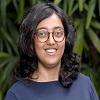
Lubna Duggal is Consultant — Word Lab at Indian Institute for Human Settlements, Bengaluru. She is Associate Editor at Urbanisation, a biannual journal anchored at IIHS and published by SAGE Publications. She manages the peer review, copyediting and publication processes for the journal. As part of the IIHS Word Lab, she provides editorial assistance for other in-house publications and works by IIHS researchers and practitioners, including academic papers, grey literature and public-facing formats. She teaches in the Urban Fellows Programme’s Writing Skill Lab on reading, writing and editing academic literature.
Prior to IIHS, Lubna worked with Economic & Political Weekly (EPW), Mumbai, as senior assistant editor where she was responsible for reviewing and editing submissions, writing editorials, and managing the production of weekly issues. She worked on the development and implementation of EPW’s house style, the peer review process, and the article management system.
Lubna holds an MA in Interdisciplinary Humanities from Manipal Centre for Philosophy and Humanities, Manipal University. Her dissertation emerged from her interest in feminist philosophy to examine the conceptualisation and training of the body in classical dance, with a focus on Bharatanatyam and her experience of learning the dance form.
She is a member of the managing committee of the Forum for Medical Ethics Society (FMES) and a working editor of the Indian Journal of Medical Ethics (IJME) — a journal published by FMES.
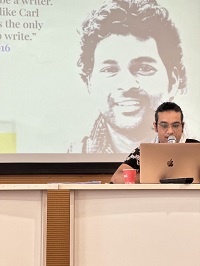
Sayantan Datta (they/them) is an independent science journalist and an assistant professor at the Centre for Writing & Pedagogy, Krea University. They write and research at the intersections of gender, sexuality, caste, science and health, with a particular focus on the lived experiences of queer, transgender, and intersex people. They have been awarded the 2023 Laadli Media & Advertising Award for Gender Sensitivity for their report on gender-segregated hostels in Indian science institutions. In 2024, they were jointly awarded (with Vivek Tewary) the inaugural Ashoka-SAGE Prize for Critical Writing Pedagogies for their paper that detailed the similarities and differences between reading and writing mathematics for technical and non-technical audiences. Their work has been supported by the National Association for Science Writers, USA, the UK Research Initiative’s Transforming Education for Sustainable Futures project, and the ReFrame Institute of Art and Expression.
Pre-Conference Workshop Co-Organising Committee

Professor Madhulika Dixit, is a distinguished academician in the Department of Biotechnology at IIT Madras. With a career spanning over two decades, she has held various significant roles, including Associate and Assistant Professor. Prior to joining IIT Madras, she served as the Head Scientist at the Vascular Biology Division of the Madras Diabetes Research Foundation, Chennai, and as a Senior Scientist at the Institute of Cardiovascular Physiology at J.W. Goethe University Medical School, Frankfurt am Main, Germany. She completed her Post-Doctoral Fellowship in the Department of Physiology at the University of Tennessee Health Science Center, Memphis, USA.
Her contributions to the field of biotechnology and vascular biology have been widely recognized. She has received several prestigious awards, including the Senior Innovative Young Biotechnologist Award (Senior IYBA) from the DBT in 2011, IIT Madras Institute Research and Development Award (IRDA) in 2014 and the Gandhian Young Technological Innovation Award (GYTI) from BIRAC-SRISTI in 2019. Her research continues to impact the field of biotechnology, particularly in vascular biology and cardiovascular health.
In addition to her academic achievements, she is actively involved in various prestigious committees. She is an expert member of the SERB Life Sciences Committee for ECRA, SRG, and NPDF, a committee member of the Teacher Associateship for Research Excellence (TARE) screening committee, and the High Risk High Reward (HRHR) PAC of DST, Government of India. She also serves on the Prime Minister Research Fellowship (PMRF) Committee for Biological Sciences, the Technical Evaluation Panel (TEP) of the Biotechnology Ignition Grant (BIG) by BIRAC, and multiple Institutional Ethics and Biosafety Committees. Her leadership extends to roles such as the Member Secretary of the IIT Madras-Institutional Ethics Committee and various institutional ethics committees in Chennai.

Dr. Nathiya Muthalagu is an assistant professor in the Department of Biotechnology, IIT Madras with extensive research experience in the field of Cancer Biology. She is the Principal Investigator in the Cancer Dynamics and Signalling Lab at IIT and conducts research in association with the National Cancer Tissue Biobank (NCTB) with specific focus on pancreatic cancer progression and metastasis. Previously, she worked as postdoctoral research scientist at the CRUK Beatson Institute for Cancer Research in Glasgow UK and published multiple research articles in leading medical and basic science journals like Cancer Discovery, Cell Death & Differentiation and Nature communications. She has been awarded with the prestigious L’Oreal – UNESCO Women in Science Fellowship (2018) for the research on anti-cancer therapy. Currently she is the Member Secretary of IITM-Institutional Ethics Committee.


